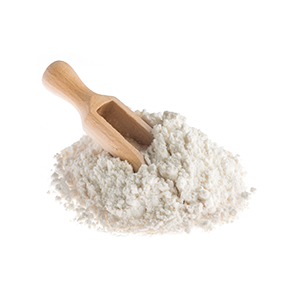Egg intolerance: how to recognize it
Egg intolerance is an increasingly widespread issue. In the past this was mainly found in the little ones who were affected by stomach pain or digestive problems, especially during the weaning phase. Today, however, this type of intolerance also affects many adults. So what are the symptoms and how can we recognize it?
Egg intolerance: the symptoms
How do you know whether or not you are egg intolerant? There are some pretty clear and obvious symptoms, such as:
- Dysentery and retching;
- Stomach ache;
- Digestive difficulties;
- Tiredness and weakness;
- Dermatitis and urticaria.
To heal and solve the problem, all you need to do is request a medical consultation and follow a suitable diet in which eggs are off. It will therefore be necessary to pay close attention to food labels, especially for baked goods. Make sure that there are no additives such as lysozyme, albumin or lecithin!
What to eat in case of egg intolerance
When you have an intolerance to eggs, what can you eat? It will be necessary to follow a well-balanced diet that excludes eggs both as a food in its own right and as an ingredient for the preparation of various recipes, whether savory or sweet. To replace the nutritional values provided by the egg, you can eat a banana, a cooked apple, chia seeds or a yogurt. However, Le Celizie offers a more delicious alternative: a pizza base with gluten-free EVO oil, without GMOs, palm oil, lactose, soy or eggs, a 100% vegan product that can be enjoyed by anyone.













